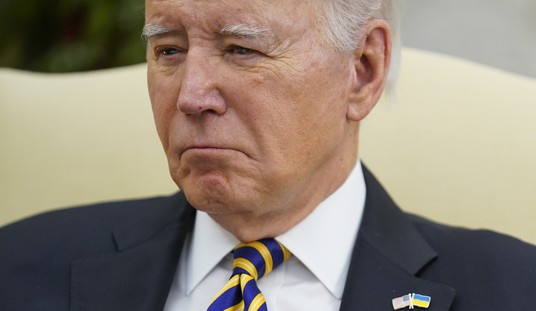I am attempting to read Thomas Sowell’s excellent new updated book Basic Economics 4th Ed: A Common Sense Guide to the Economy. I say attempting because the book is 689 pages long and filled with detailed information including a new chapter on the history of economics. I took economics in college but it’s been awhile and Sowell’s book really brings the layperson up to date on what economics is and how principals of economics apply around the world.
Sowell uses British economist Lionel Robbins classic definition of economics:
Economics is the study of the use of scarce resources which have alternative uses.
It sounds simple enough but the next 600 or so pages of Sowell’s book are required just to understand this simple enough definition. Sowell notes:
…economics studies the consequences of decisions that are made about the use of land, labor, capital and other resources that go into producing the volume of output which determines a country’s standard of living. Those decisions and their consequences can be more important than the resources themselves, for there are poor countries with rich natural resources and countries like Japan and Switzerland with relatively few natural resources but high standards of living.
Why is this? How do politics play a part? These are the questions I have and as I travel through the book one page at a time, I am learning the answers. Perhaps you have other economic questions such as the role of prices and why they are important, or you want to know more about the economics of international trade, or you just want to know about the different theories of economic thought in a fun and easy to read format. It’s all in this book and more than I care (or you would want to read) to write about in a blog post.








Join the conversation as a VIP Member